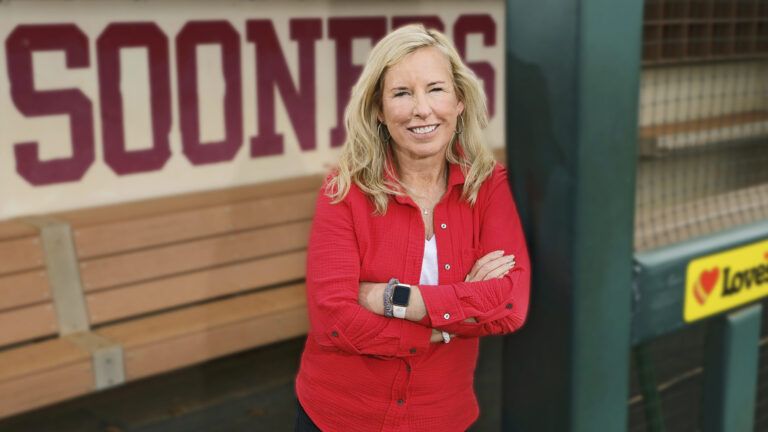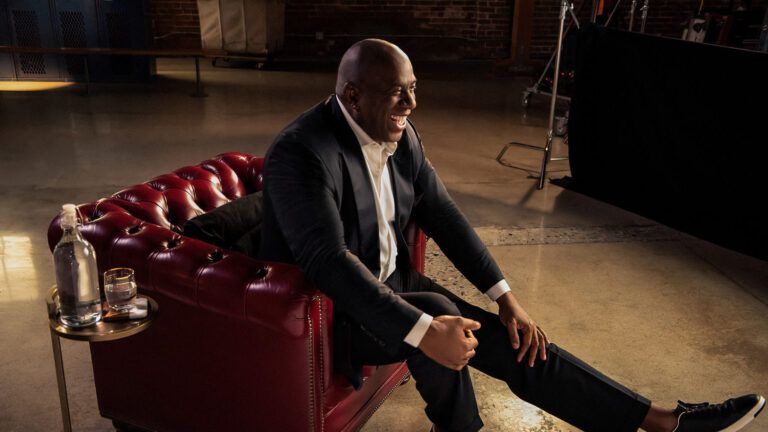There you have it, folks! A well-deserved win for 31-year-old Shen Xue and 36-year-old Zhao Hongbo and China’s first-ever Olympic gold medal in pairs competition.
Their performance wasn’t flawless, but it was enough. It was impassioned, technically sound (except for a minor bobble on a lift), and joyously skated. Well-deserved, and 18 years in the making!
While Shen and Zhao will wear Olympic gold, it is their coach, Yao Bin, in my opinion, who had the most inspiring story of the evening. Thirty years ago he and his pairs partner Luan Bo were the first Chinese pairs team ever to enter the World Championships. At the time, Chinese citizens had been relatively sequestered from the rest of the world, and few Chinese skaters had ever tried pairs skating. Yao Bin and his partner came in dead last with an awful performance. He told reporters that he remembers being laughed off the ice.
That kind of humiliation could crush the strongest of souls, but instead Yao Bin turned it into motivation, and created a world-class Chinese pairs skating program that earned every ounce of gold and silver that it won in Vancouver. Yao Bin also coached silver medalists Pang Qing and Tong Jian, who came back from a disappointing short program to win the silver with a flawless free skate.
As the pairs competition concludes, I want to address an issue some of our Facebook fans brought up about short program scores that seemed unfair. Why did some pairs teams place higher than others, when they made more mistakes? That’s a very good question, and one that is tough to answer, even for someone who has been in that situation, like me!
During the short program Sunday night, two pair teams, Russian and Ukrainian, fell on their side-by-side jumps. In the new scoring system, they both got points for attempting the maneuver, but no points for completing it. How then, might you ask, did they manage to get higher overall scores than Americans Amanda Evora and Mark Ladwig, who skated a perfect short program?
To understand this seemingly unfair call, you have to look more closely at each team’s performance. Not only does each team get points for attempting and completing the elements, they also get points for quality of execution. Moves like a “split-twist” (the man throws the woman in the air, she rotates two or three times, and he catches her on the way down), earn points for very small qualitative aspects—if she rotated fully, if she was able to do a wide enough split, and how high she was thrown, the smoothness of the catch. In the case of the Russian and Ukranian teams, the elements that they successfully completed were technically superior than the elements the Americans completed, and thus earned more points overall.They just threw higher, spun faster and performed higher-scoring maneuvers.
The same was true of the difference between gold and silver in the long program for the two Chinese teams. Pang and Tong skated cleanly, whereas Shen and Zhao made some minor mistakes. But Shen and Zhao had earned extra points to make up for the mistakes with the level of difficulty of their jumps, spins and sequences. It helped as well that they had a large lead over Pang and Tong going into the long program.
Obviously, the scoring system isn’t perfect—it’s still a judged sport after all, so some subjectivity can creep in. If officials awarded medals for heart, the results would fall differently. But to me, it really reinforces the necessity of skating for the love of the sport, rather than for glory and gold. I’ve had plenty of experience skating what I thought was the program of my life, and going home without a gold medal. It’s disappointing, but you retreat happy and raring to show them all up next time.
The American pairs turned in solid performances. They seemed like they were more thrilled to be out there on Olympic ice than anything else. I was particularly inspired when Amanda Evora (partnered with Mark Ladwig) looked into the camera while she was waiting for her scores and said simply, “everyone who believes in us, thank you.”





